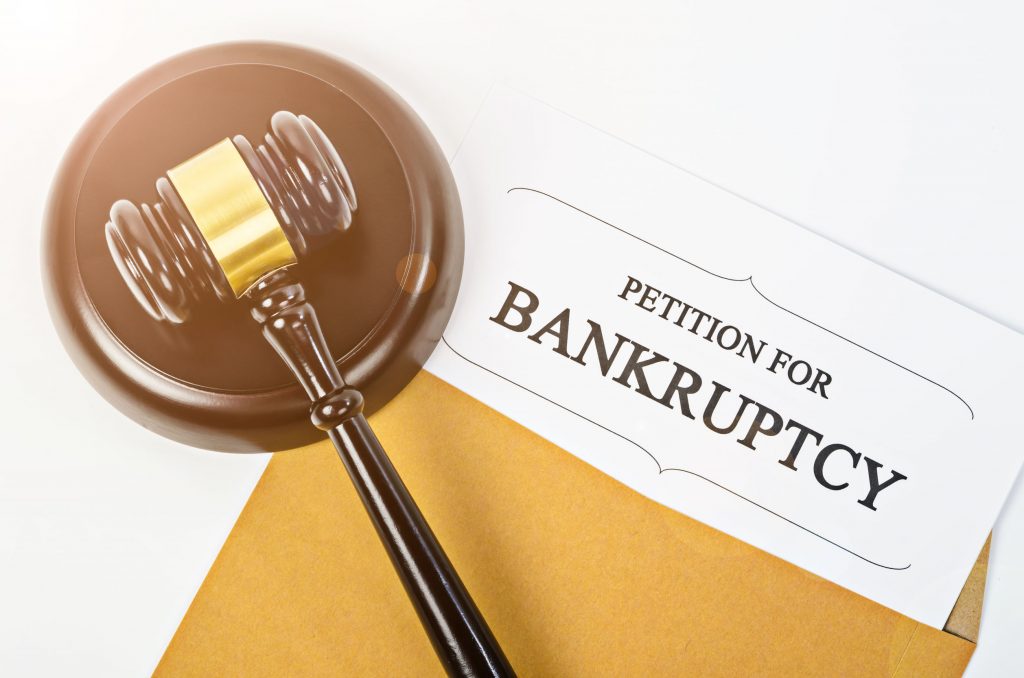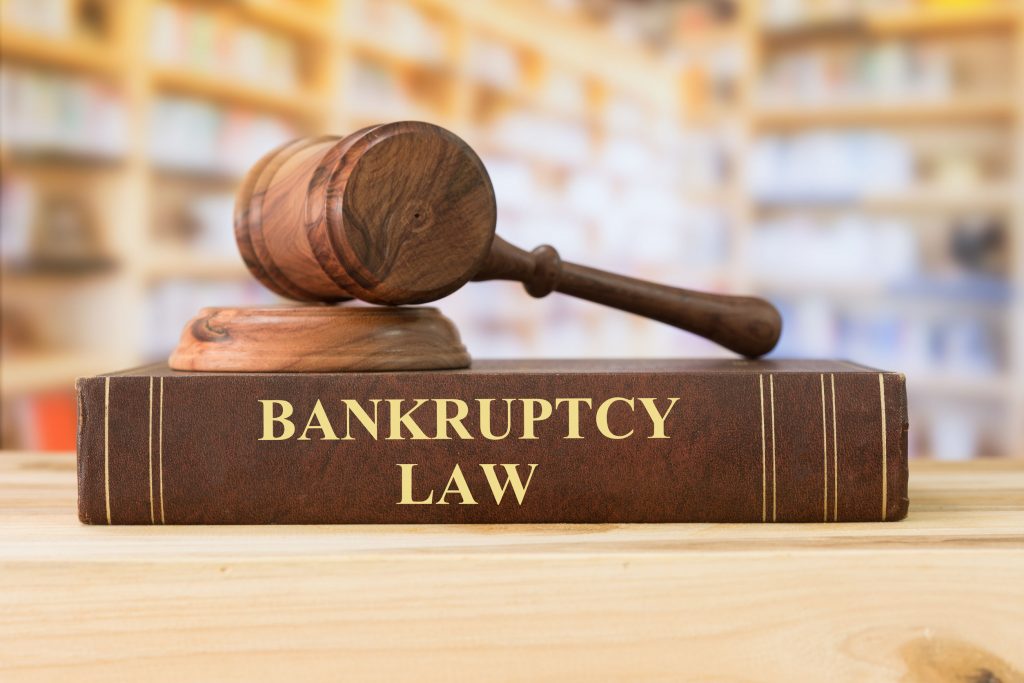Filing for bankruptcy in Arizona can be a lengthy legal process, one that requires a comprehensive understanding of bankruptcy law, extensive paperwork, and thorough organization of your finances and debts.
In most cases, filing for bankruptcy is significantly easier with the help of an Arizona bankruptcy lawyer. However, it is technically possible (although not necessarily advisable) for an individual to file for bankruptcy without an attorney.
Factors to Consider Before Filing Bankruptcy on Your Own
Bankruptcy is a major financial decision, and one that shouldn’t be made lightly. Even a successful bankruptcy (let alone a mishandled case) can have long-term impacts on you and your family. Before you file, be sure to consider all your options, including debt consolidation or consulting with a debt counseling agency. In addition to examining all possible solutions, you should also keep in mind these very important factors.
The Bankruptcy Means Test
If you’re thinking of filing for bankruptcy pro se (that is, without a lawyer), you’ll first have to determine which type of bankruptcy you should file for. For individuals, this will likely be either Chapter 7 or Chapter 13. Chapter 7 bankruptcy is generally less complicated and results in more discharged debt. However, in order to qualify for Chapter 7, you have to pass what is known as the Bankruptcy Means Test.
The Means Test is designed to prevent high-income earners from taking advantage of Chapter 7 bankruptcy’s ability to discharge large amounts of unsecured debt, like credit card debt, medical bills, and personal loans. Thus, in order to qualify, you must prove that your income is low enough and that your necessary living expenses are high enough that you could not feasibly repay your creditors. Essentially, the calculation comes down to your monthly disposable income.
If your current monthly income is lower than the median Arizona income for a household of your size, you should qualify for Chapter 7 bankruptcy. In general, a Chapter 7 bankruptcy is much more straightforward than a Chapter 13 bankruptcy, although other factors may complicate it.
Median Arizona Income by Household Size (Cases filed on or after November 1, 2020)
| 1 Earner | $55,159 |
| 2 People | $69,122 |
| 3 People | $74,639 |
| 4 People | $84,669 |
| Each Additional Person | Add $9,000 |
Source: U.S. Department of Justice
The Value Of Your Assets
Another factor to consider before filing for bankruptcy without a lawyer is the quantity and value of your assets, since assets may be used to pay off your creditors.
The good news is that Arizona allows a handful of asset types to be exempted from liquidation during bankruptcy. This allows debtors to still wipe out significant amounts of debt without being left with nothing. Arizona’s exemption limits are as follows:
- Up to $150,000 in home equity (primary residence only)
- Up to $6,000 in vehicle equity (up to $12,000 if physically disabled)
- Up to $6,000 worth of home furnishings (up to $12,000 if married)
- Up to 75% of disposable earnings
- IRAs, public pensions, or Social Security payments
Depending on what type of bankruptcy you file, your non-exempt assets can be either sold to pay off your creditors (Chapter 7) or their value can be added to your restructured payment plan, which will increase the amount of your payments and/or the length of the repayment plan (Chapter 13). Bottom line: if you believe you may have any non-exempt assets, you should consult a bankruptcy lawyer to understand what may happen to them.
Non-Dischargeable Debts
While bankruptcy can discharge many different kinds of debt, it cannot discharge all debt. Certain kinds of debt are particularly stubborn in that they are or may be considered non-dischargeable.
Common types of non-dischargeable debts include child support, alimony, property settlements in certain cases, civil or criminal fines and restitution, certain income taxes, student loans, and debts based on fraud or intentional acts.
The Type of Bankruptcy You File
If you don’t pass the Chapter 7 Means Test or want to keep as much non-exempt property as possible, you may consider filing for Chapter 13 bankruptcy. Unfortunately, Chapter 13 bankruptcy is more involved than Chapter 7. In addition to more paperwork, Chapter 13 requires that you create a detailed three-to-five year repayment plan proposal.
If you’re also trying to get rid of a second mortgage or cram down a car loan, Chapter 13 bankruptcy without an attorney can easily become overwhelming. Overall success rates for pro se Chapter 13 bankruptcies are disheartening—according to the American Bankruptcy Institute, just 2.3% of those who filed without an attorney successfully completed their cases.
Who Can Successfully File Bankruptcy Without a Lawyer?
Even the most straightforward bankruptcy cases in Arizona can be confusing. At the end of the day, a small percentage of bankruptcy cases may be simple enough to allow someone to file without assistance from a bankruptcy lawyer.
If you’re filing for Chapter 7 bankruptcy, can pass the Means Test, have little to no non-exempt property or priority debts, and none of your creditors have accused you of any kind of fraud, you may be able to file bankruptcy without an attorney so long as you’re prepared to invest the time, dedication, and education you’ll need to be successful.
However, even if you do decide to do it on your own, it’s highly advisable to at least consult with an experienced bankruptcy lawyer before beginning proceedings.
Get a Free Arizona Bankruptcy Consultation Today
Hiring a lawyer when you’re already having financial troubles may seem counterintuitive, and it’s understandable that prospective filers want to save money however they can during the bankruptcy process. That’s why, in addition to free, no obligation consultations, Lerner and Rowe Law Group also offers $0 down payment bankruptcy options and affordable payment plans made with our clients in mind.
To find out whether filing bankruptcy may be right for you, and to get a complimentary case review regarding your finances, call Lerner and Rowe Law Group 24/7 at 602-667-7777. You can also connect with a representative by using our LiveChat feature, or fill out a simple form to request your free consultation.




